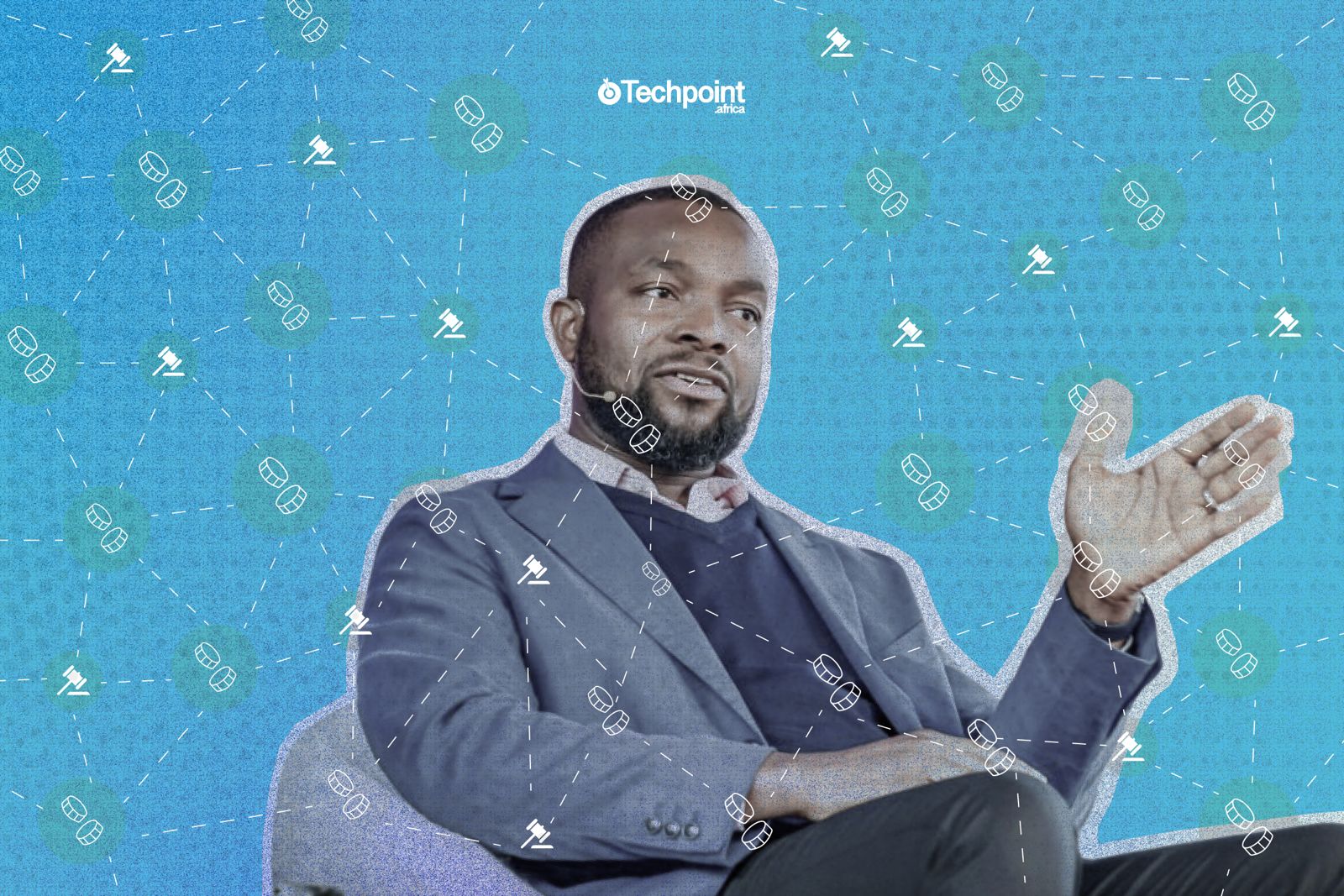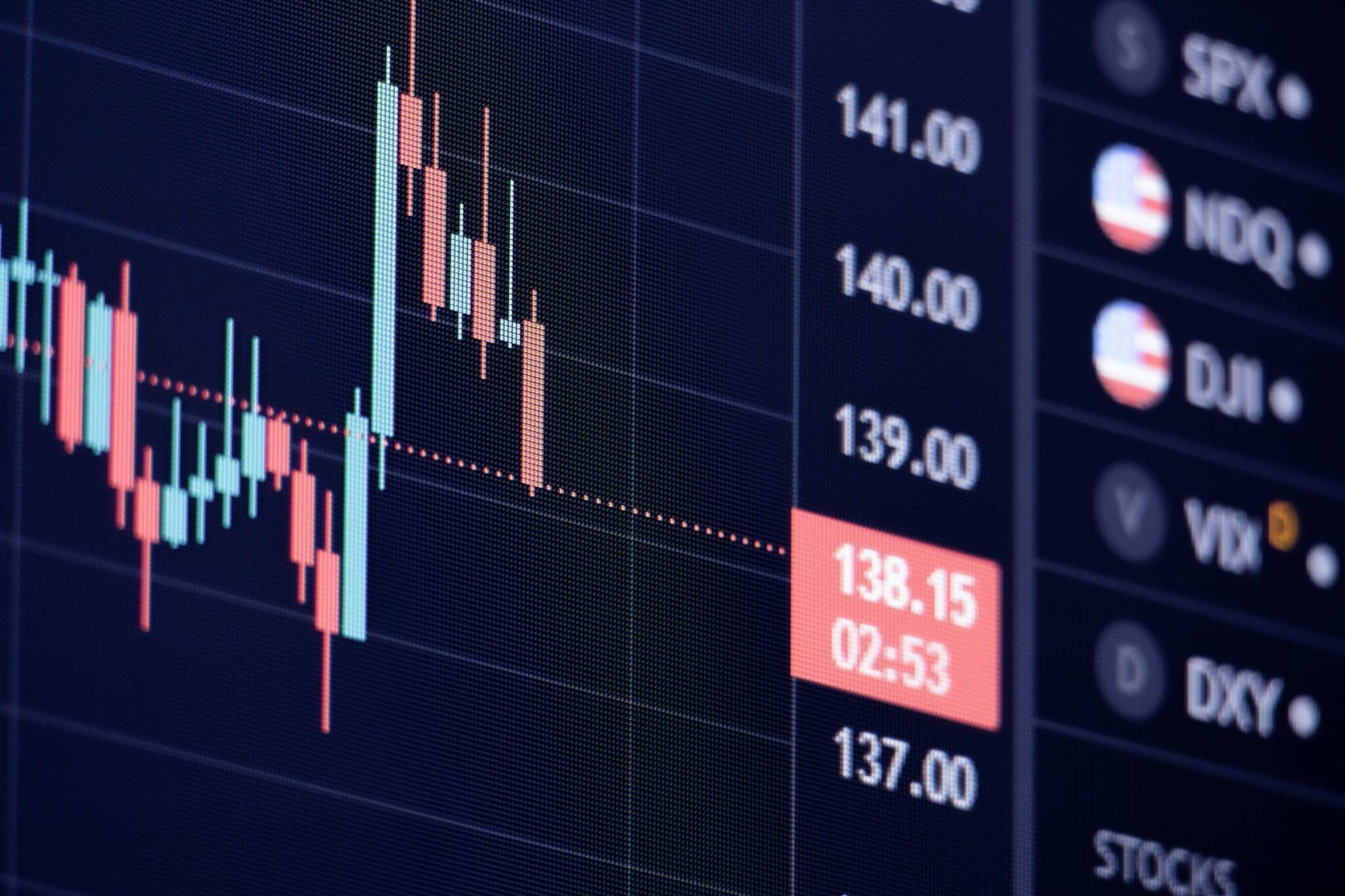From celebrity-sponsored memecoins to tap-to-earn games that promise false wealth, crypto and blockchain in Nigeria have been characterised as get-rich-quick schemes.
This is why Senator Ihenyen, Lead Partner and Head of Blockchain at Infusion Lawyers, said Nigeria’s blockchain and crypto space is focused on hype without originality.
Speaking at the Lagos Blockchain Week earlier this month, Ihenyen pointed out that there are real-world problems blockchain can solve in the logistics and finance sectors, but the focus has been on hype where “there is no substance there.”
What mainstream blockchain adoption will look like
While blockchain has been popularised by cryptocurrencies, Ihenyen gave examples of other applications. In the pharmaceutical sector, for instance, he said the authenticity of a medicine can be verified if the manufacturer tracks it transparently and in real-time.
A 2023 publication by the United Nations estimated that 500,000 people die from fake drugs yearly in sub-Saharan Africa.
While there aren’t popular blockchain solutions to tackle problems like this, IBM has built Blockchain Transparent Supply, an infrastructure that helps pharmaceutical companies ensure products on the shelves and in the pharmacy are authentic.
According to IBM “Data sharing and visibility into a product’s journey from the production line to the patient make it possible to decrease fraud through an immutable record of events.”
Chimezie Chuta, Founder of Blockchain Nigeria User Group (BNUG), who was also present at the event, pointed out a use case in elections.
He proposed that the technology could be tested at low levels such as elections for student unions or the Nigerian Bar Association (NBA), before it is used nationally.
While blockchain-based voting systems are not popular, they have been proposed before.
US presidential candidate Andrew Yang said in 2019 that he would implement blockchain-based mobile voting if he won the election in 2020. The candidate pointed out that it is “ridiculous that in 2020 we are still standing in line for hours.”
Interestingly, West Virginia, US, used a blockchain-based mobile voting application for citizens who were not in the country during the elections. The state described the election as successful, although it didn’t share any details.
This lack of details is the reason blockchain-powered elections have been criticised in some quarters.
According to Ars Technica loopholes like phishing scams were not considered, especially given the suspicion of foreign interference in US elections.
In Nigeria’s case, Chuta pointed out that the decision to use blockchain to conduct elections rests on the shoulders of politicians, who perhaps benefit from the absence of free and fair elections.
However, these criticisms do not disprove the viability of blockchain which could have mainstream applications outside of crypto; if anything, they show it needs further improvement.
The focus on memecoins might not bode well
According to Nigeria’s Securities Exchange Commission, memecoins have no fundamental value. The Commission said this while warning the public about the risks of investing in $DAVIDO, the crypto token launched by afrobeat star, David Adeleke known popularly as Davido.
The trend of memecoins like $DAVIDO deviates from the disruptive use case of blockchain and cryptocurrency that has been proposed by proponents of the technology such as Satoshi Nakamoto, who created Bitcoin, and even Nigerians like Chuta.
However, Ihenyen feels it is a bitter-sweet situation.
“Memecoins are easily the most common window into the crypto world, he said.” This point of view stems from the fact that people discover crypto through the memecoin hype.
These memecoins are also designed such that they are affordable, making it easy for newbies who want to hop on the crypto train because of FOMO (fear of missing out).
But the bitter side to the trend is that people who discover crypto or blockchain through scam memecoins never return.
While these might just be individuals who had a bad first crypto experience, Ihenyen said it will have a long-term effect on adoption.
“If we really want adoption to go mainstream, we cannot continue to risk short-term adoption for long-term adoption.”
He proposes that one solution to this should be that people who launch memecoins should be open and transparent about their risks.
“Take off that idea that makes people think they can be overnight millionaires.”
While this might manage people’s expectations when dealing with memecoins, it does not help their general perception of crypto and blockchain.
For example, American billionaire Warren Buffet described Bitcoin as “rat poison squared” and stated that it has no unique value at all. JPMorgan Chase & Co CEO, Jamie Dimon, also called Bitcoin a fraud with no hope.
The memecoin trend is riddled with numerous scam coins that give credence to these viewpoints and downplay the importance of crypto, especially blockchain, as a disruptive technology with numerous applications.
But if the trend fades, maybe fundamental projects with use cases will get the world’s attention.











